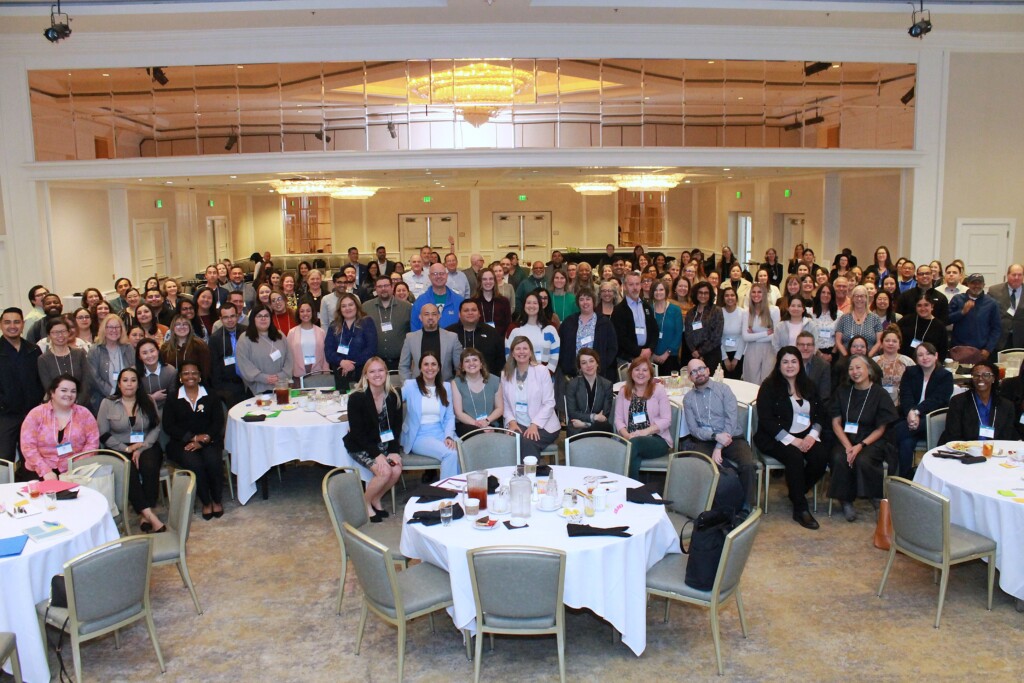In March, PHMI stakeholders, including representatives from our cohort of 32 CHCs, Regional Associations of California, DHCS, CPCA, and Practice Transformation Partners came together for an immersive Statewide Learning Session aimed at supporting CHCs develop a robust set of practical ideas and next steps towards achieving improved population health outcomes.

Over the course of 2 days, a total of 120 participants from 31 CHCs participated in the Learning Session, developing a robust set of practical ideas and next steps towards achieving improved population health outcomes. This event provided opportunities to understand the changing policy landscape, surfaced systemic barriers to clinic transformation, refined action and spread plans and fostered community building and engagement with peers in sharing about challenges and promising practices.
Bechara Choucair, MD, Executive Vice President and Chief Health Officer, Kaiser Permanente, grounded the conference with opening remarks, highlighting the importance of this collaboration between Kaiser Permanente and PHMI CHCs, saying, “We can’t optimize the health and wellbeing of our members if we don’t focus on improving the conditions for health and equity in the communities where our members live, and this is what community health centers do every single day.”
Highlights from the event also included Conversation Café sessions – interactive conversations highlighting ideas, strategies, and successes from PHMI CHCs, including:
- Empanelment
- Care teams
- Closing care gaps
- Patient education and engagement techniques
- Behavioral health
- Management of chronic conditions
- Preventive screening, particularly in leveraging vendors for colorectal cancer screening
A powerful keynote address from Rishi Manchanda, MD, President and CEO of HealthBegins, reflected on the history of CHCs with today’s need for upstream approaches and addressing root causes for health inequities and disparities through population health management. He emphasized the core mission of CHCs as a social movement that remains as vital today as ever—and that PHMI is strengthening this movement to improve equitable outcomes and quality of care for all patients and families served by our vital CHC workforce.
Attendees shared encouraging feedback, noting the value of networking and how helpful it was to see the different approaches CHCs are using to tackle shared challenges. One participant shared, “The networking was really incredible. It was great being able to see different approaches and tactics that other health centers are putting in practice to solve some of our most common difficulties.”
All day Regional Learning Sessions will be held throughout the summer, providing more opportunities for PHMI CHCs to build a stronger sense of community amongst peers working on PHMI regionally and discuss promising practices and emerging challenges within their population health management journeys.